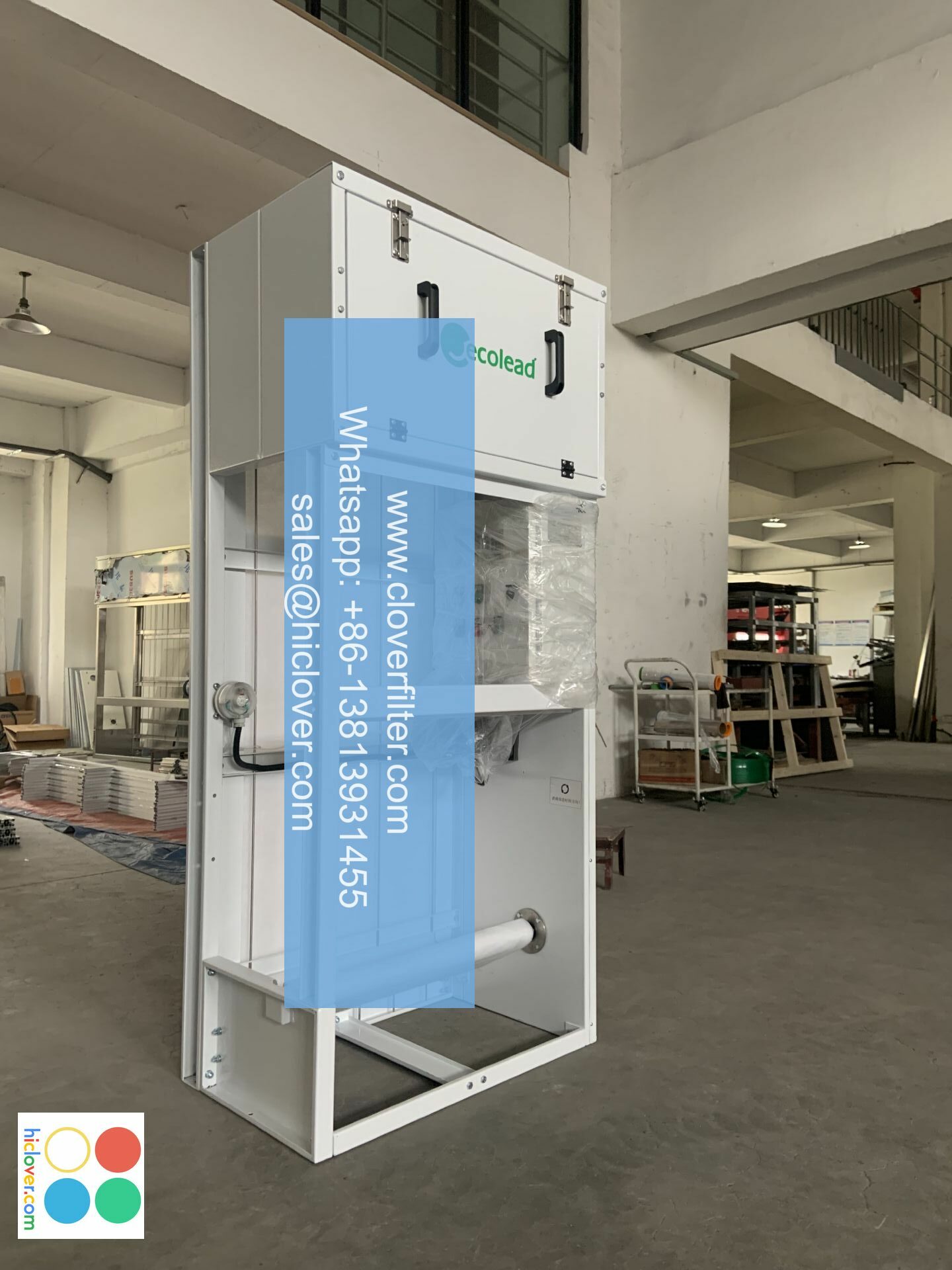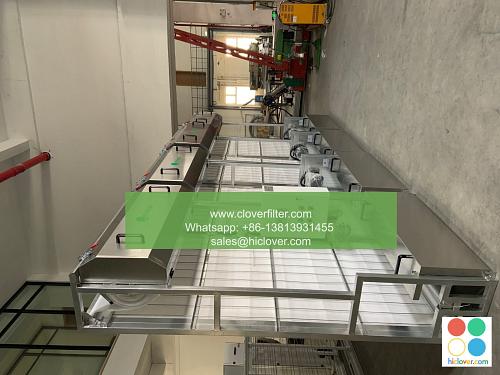Air Filter Design for Industrial Combustion Gas Systems for Energy Efficiency

Industrial combustion gas systems play a critical role in various industries, including power generation, chemical processing, and manufacturing. The efficiency of these systems is heavily dependent on the quality of the air filter design, which can significantly impact energy consumption, system performance, and overall productivity. In this article, we will explore the importance of air filter design for industrial combustion gas systems, highlighting various application areas and key considerations for optimizing energy efficiency.
Introduction to Air Filter Design
Air filter design for industrial combustion gas systems involves the selection and configuration of filters to remove contaminants and particulate matter from the air stream. The goal is to provide a clean and consistent air supply to the combustion process, ensuring optimal system performance, reduced emissions, and minimized energy waste. Effective air filter design requires a deep understanding of the system’s operational parameters, including air flow rate, temperature, and pressure.
Key Considerations for Air Filter Design
When designing air filters for industrial combustion gas systems, several key factors must be considered, including:
* Filter Media Selection: The choice of filter media is critical, as it directly affects the filter’s efficiency, pressure drop, and overall performance. Common filter media used in industrial combustion gas systems include activated carbon, HEPA filters, and gas-phase filtration systems.
* Filter Configuration: The configuration of the filter, including the number of filters, filter size, and arrangement, can significantly impact system performance. Modular filter designs and compact filter arrangements can help minimize pressure drop and maximize energy efficiency.
* Air Flow Rate and Velocity: The air flow rate and velocity must be carefully considered to ensure optimal filter performance and minimize energy consumption. Computational fluid dynamics (CFD) modeling can be used to simulate air flow patterns and optimize filter design.
Application Areas for Air Filter Design
Air filter design for industrial combustion gas systems has numerous applications across various industries, including:
* Power Generation: Air filters are used in power plants to provide clean air to combustion turbines, reducing emissions and improving system efficiency.
* Chemical Processing: Air filters are used in chemical processing plants to remove contaminants and particulate matter from the air stream, ensuring safe and efficient operation.
* Manufacturing: Air filters are used in manufacturing facilities to provide clean air to combustion systems, reducing energy consumption and improving product quality.
Energy Efficiency Benefits
Effective air filter design can have a significant impact on energy efficiency in industrial combustion gas systems. By reducing pressure drop and minimizing energy waste, air filters can help:
* Lower Energy Consumption: By reducing the energy required to operate the system, air filters can help lower energy consumption and costs.
* Reduce Emissions: By removing contaminants and particulate matter from the air stream, air filters can help reduce emissions and minimize environmental impact.
* Improve System Performance: By providing a clean and consistent air supply, air filters can help improve system performance, reducing downtime and increasing productivity.
Conclusion
In conclusion, air filter design for industrial combustion gas systems plays a critical role in optimizing energy efficiency, system performance, and overall productivity. By considering key factors such as filter media selection, filter configuration, and air flow rate, designers can create effective air filter systems that minimize energy waste and reduce emissions. As industries continue to evolve and grow, the importance of air filter design for industrial combustion gas systems will only continue to increase, highlighting the need for ongoing innovation and research in this field. You haven’t provided a question or topic for me to discuss. Please provide more context or ask a specific question, and I’ll do my best to assist you. What’s on your mind?

